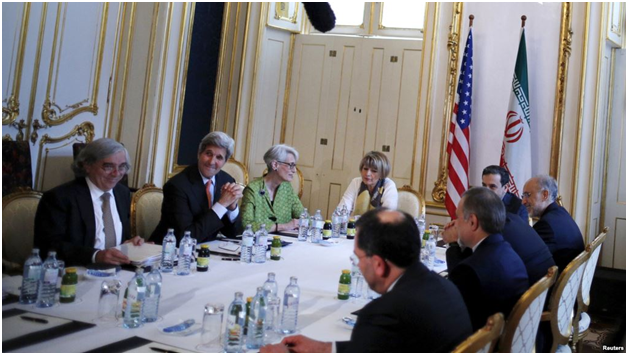Dr. Ronen Bergman is the Intelligence affairs columnist for Israeli daily Yediot Ahronoth. He’s the author of The Secret War with Iran: The 30-Year Clandestine Struggle Against the World’s Most Dangerous Terrorist Power, 2007. In February 2012, we published an interview with him on a possible Israel attack on Iran’s nuclear infrastructure, “Is the Clock Ticking on a Nuclear Iran?” At the time, some Israeli action appeared imminent, which did not materialize that year, perhaps because of the intervening U.S. secret discussions with Iran.
Bergman, published a dossier in The Tablet, July 29th, obtained from Israeli intelligence on Iran and from Western intelligence sources on U.S. capitulation on concessions repeatedly over the past several years, “What Information Collected by Israeli Intelligence Reveals About the Iran Talks.”
There was also evidence that the U.S. was not immediately forthcoming with ally Israel as to the timing, scope and content of these secret discussions with Iran. This is reflected in the run up to the climactic JCPOA announced on July 14th and endorsed by the UN Security Council on July 22nd. The JCPOA is presently undergoing review by both U.S. Senate and House Committees under The Iran Nuclear Agreement Review Act of 2015 (INARA) with a votes by both the Senate and House targeted by mid-September. Recent Congressional revelations about secret side deals between the UN nuclear watchdog, International Atomic Energy Agency (IAEA), and last minute lifting of conventional arms and ballistic missile technology have raised questions about the circumstances behind U.S. and world powers capitulations to demands of Iranian negotiators. This has given rise to both Congressional and public skepticism. Public opinion polls suggest that a majority of Americans want Congress to reject the Iran nuclear pact.
The following are excerpts from Dr. Bergman’s Tablet article:

Dr. Ronen Bergman. Source Dror Malka.
What Information Collected by Israeli Intelligence Reveals About the Iran Talks
By Ronen Bergman
The West’s recognition of Iran’s right to perform the full nuclear fuel cycle—or enrichment of uranium—was a complete about-face from America’s declared position prior to and during the talks. Senior U.S. and European officials who visited Israel immediately after the negotiations with Iran began in mid 2013 declared, according to the protocols of these meetings, that because of Iran’s repeated violations of the Nuclear Non-Proliferation Treaty, “Our aim is that in the final agreement [with Iran] there will be no enrichment at all” on Iranian territory. Later on, in a speech at the Saban Forum in December 2013, President Barack Obama reiterated that in view of Iran’s behavior, the United States did not acknowledge that Iran had any right to enrich fissile material on its soil.
In February 2014, the first crumbling of this commitment was evident, when the head of the U.S. delegation to the talks with Iran, Wendy Sherman, told Israeli officials that while the United States would like Iran to stop enriching uranium altogether, this was “not a realistic” expectation. Iranian foreign ministry officials, during meetings the Tehran following the JPOA, reckoned that from the moment the principle of an Iranian right to enrich uranium was established, it would serve as the basis for the final agreement. And indeed, the final agreement, signed earlier this month, confirmed that assessment.
The sources who granted me access to the information collected by Israel about the Iran talks stressed that it was not obtained through espionage against the United States. It comes, they said, through Israeli spying on Iran, or routine contacts between Israeli officials and representatives of the P5+1 in the talks. The sources showed me only what they wanted me to see, and in these cases there’s always a danger of fraud and fabrication. This said, these sources have proved reliable in the past, and based on my experience with this type of material it appears to be quite credible. No less important, what emerges from the classified material obtained by Israel in the course of the negotiations is largely corroborated by details that have become public since.
In early 2013, the material indicates, Israel learned from its intelligence sources in Iran that the United States held a secret dialogue with senior Iranian representatives in Muscat, Oman. Only toward the end of these talks, in which the Americans persuaded Iran to enter into diplomatic negotiations regarding its nuclear program, did Israel receive an official report about them from the U.S. government. Shortly afterward, the CIA and NSA drastically curtailed its cooperation with Israel on operations aimed at disrupting the Iranian nuclear project, operations that had racked up significant successes over the past decade.
On Nov. 8, 2013, Secretary of State John Kerry visited Israel. Israeli Prime Minister Benjamin Netanyahu saw him off at Ben Gurion Airport and told him that Israel had received intelligence that indicated the United States was ready to sign “a very bad deal” and that the West’s representatives were gradually retreating from the same lines in the sand that they had drawn themselves.
The West’s recognition of Iran’s right to perform the full nuclear fuel cycle—or enrichment of uranium—was a complete about-face from America’s declared position prior to and during the talks. Senior U.S. and European officials who visited Israel immediately after the negotiations with Iran began in mid 2013 declared, according to the protocols of these meetings, that because of Iran’s repeated violations of the Nuclear Non-Proliferation Treaty, “Our aim is that in the final agreement [with Iran] there will be no enrichment at all” on Iranian territory. Later on, in a speech at the Saban Forum in December 2013, President Barack Obama reiterated that in view of Iran’s behavior, the United States did not acknowledge that Iran had any right to enrich fissile material on its soil.
In February 2014, the first crumbling of this commitment was evident, when the head of the U.S. delegation to the talks with Iran, Wendy Sherman, told Israeli officials that while the United States would like Iran to stop enriching uranium altogether, this was “not a realistic” expectation. Iranian foreign ministry officials, during meetings the Tehran following the JPOA, reckoned that from the moment the principle of an Iranian right to enrich uranium was established, it would serve as the basis for the final agreement. And indeed, the final agreement, signed earlier this month, confirmed that assessment.
One of the promises made to Israel was that Iran would not be permitted to stockpile uranium. Later it was said that only a small amount would be left in Iran and that anything in excess of that amount would be transferred to Russia for processing that would render it unusable for military purposes. In the final agreement, Iran was permitted to keep 300kgs of enriched uranium; the conversion process would take place in an Iranian plant (nicknamed “The Junk Factory” by Israel intelligence). Iran would also be responsible for processing or selling the huge amount of enriched uranium that is has stockpiled up until today, some 8 tons.
The case of the secret enrichment facility at Qom (known in Israel as the Fordo Facility) is another example of concessions to Iran. The facility was erected in blatant violation of the Non Proliferation Treaty, and P5+1 delegates solemnly promised Israel at a series of meetings in late 2013 that it was to be dismantled and its contents destroyed. In the final agreement, the Iranians were allowed to leave 1,044 centrifuges in place (there are 3,000 now) and to engage in research and in enrichment of radioisotopes.
At the main enrichment facility at Natanz (or Kashan, the name used by the Mossad in its reports) the Iranians are to continue operating 5,060 centrifuges of the 19,000 there at present. Early in the negotiations, the Western representatives demanded that the remaining centrifuges be destroyed. Later on they retreated from this demand, and now the Iranians have had to commit only to mothball them. This way, they will be able to reinstall them at very short notice.
Israeli intelligence points to two plants in Iran’s military industry that are currently engaged in the development of two new types of centrifuge: the Teba and Tesa plants, which are working on the IR6 and the IR8 respectively. The new centrifuges will allow the Iranians to set up smaller enrichment facilities that are much more difficult to detect and that shorten the break-out time to a bomb if and when they decide to dump the agreement.
The Iranians see continued work on advanced centrifuges as very important. On the other hand they doubt their ability to do so covertly, without risking exposure and being accused of breaching the agreement. Thus, Iran’s delegates were instructed to insist on this point. President Obama said at the Saban Forum that Iran has no need for advanced centrifuges and his representatives promised Israel several times that further R&D on them would not be permitted. In the final agreement Iran is permitted to continue developing the advanced centrifuges, albeit with certain restrictions which experts of the Israeli Atomic Energy Committee believe to have only marginal efficacy.
As for the break-out time for the bomb, at the outset of the negotiations, the Western delegates decided that it would be “at least a number of years.” Under the final agreement this has been cut down to one year according to the Americans, and even less than that according to Israeli nuclear experts.
Over the past 15 years, a great deal of material has been amassed by the International Atomic Energy Agency—some filed by its own inspectors and some submitted by intelligence agencies—about Iran’s secret effort to develop the military aspects of its nuclear program (which the Iranians call by the codenames PHRC, AMAD, and SPND). The IAEA divides this activity into 12 different areas (metallurgy, timers, fuses, neutron source, hydrodynamic testing, and warhead adaptation for the Shihab 3 missile, high explosives, and others) all of which deal with the R&D work that must be done in order to be able to convert enriched material into an actual atom bomb.
The IAEA demanded concrete answers to a number of questions regarding Iran’s activities in these spheres. The agency also asked Iran to allow it to interview 15 Iranian scientists, a list headed by Prof. Mohsen Fakhrizadeh, whom Mossad nicknamed “The Brain” behind the military nuclear program. This list has become shorter because six of the 15 have died as a result of assassinations that the Iranians attribute to Israel, but access to the other nine has not been given. Neither have the IAEA’s inspectors been allowed to visit the facilities where the suspected activities take place. The West originally insisted on these points, only to retreat and leave them unsolved in the agreement.
In mid-2015 a new idea was brought up in one of the discussions in Tehran: Iran would agree not to import missiles as long as its own development and production is not limited. This idea is reflected in the final agreement as well, in which Iran is allowed to develop and produce missiles, the means of delivery for nuclear weapons. The longer the negotiations went on, the longer the list of concession made by the United States to Iran kept growing, including the right to leave the heavy water reactor and the heavy water plant at Arak in place and accepting Iran’s refusal of access to the suspect site.
The intelligence material that ‘[Prime Minister Netanyahu] was relying on gives rise to fairly unambiguous conclusions: that the Western delegates crossed all of the red lines that they drew themselves and conceded most of what was termed critical at the outset; and that the Iranians have achieved almost all of their goals.
EDITORS NOTE: This column originally appeared in the New English Review. The featured image is of U.S. and Iranian Negotiators, Vienna, June 2015. Source: Reuters.



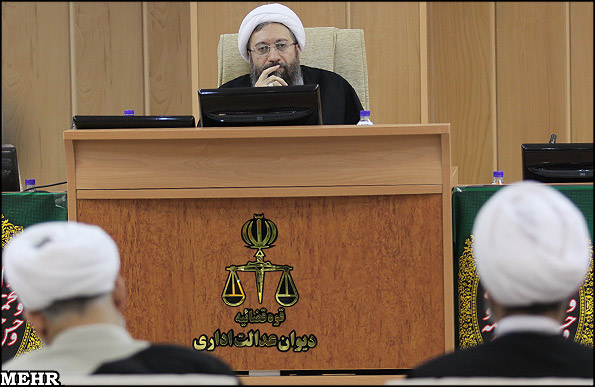
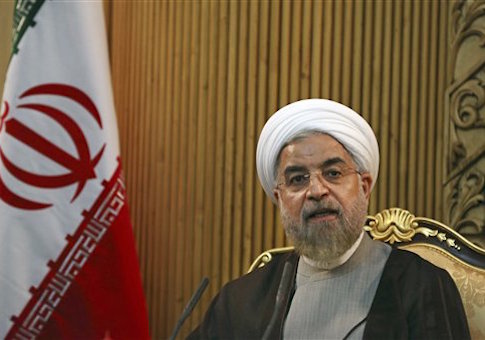


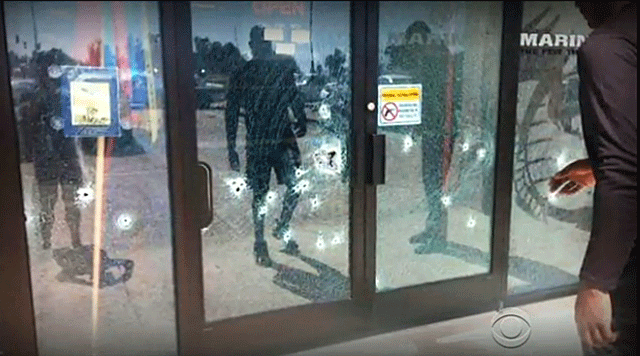
 Tarek Fatah, is a Canadian writer, broadcaster and anti-Islamist Muslim activist. He is the author of
Tarek Fatah, is a Canadian writer, broadcaster and anti-Islamist Muslim activist. He is the author of 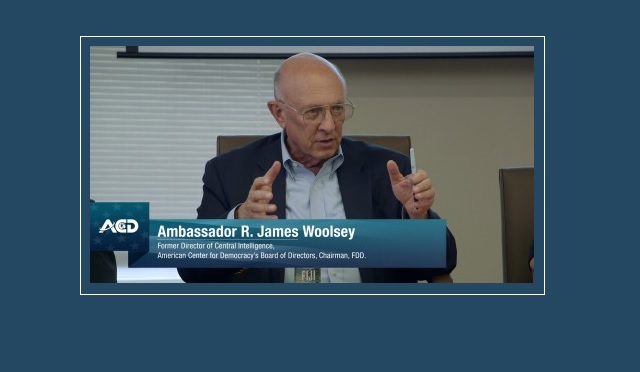
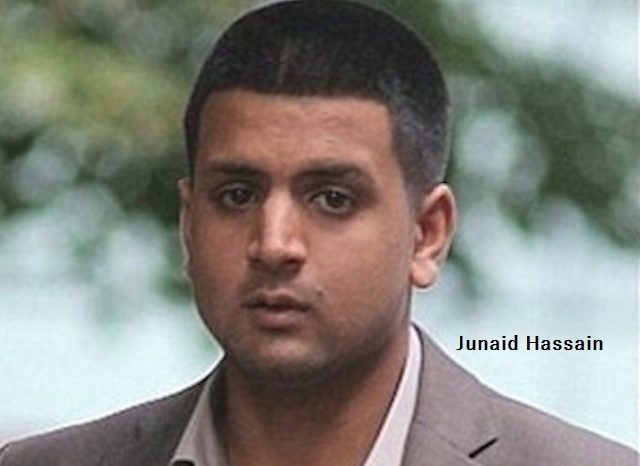


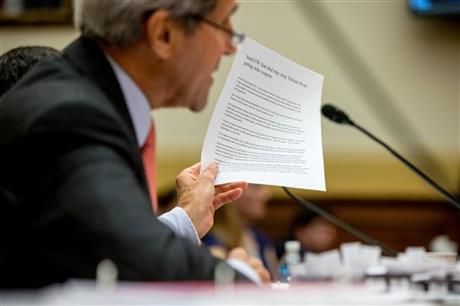
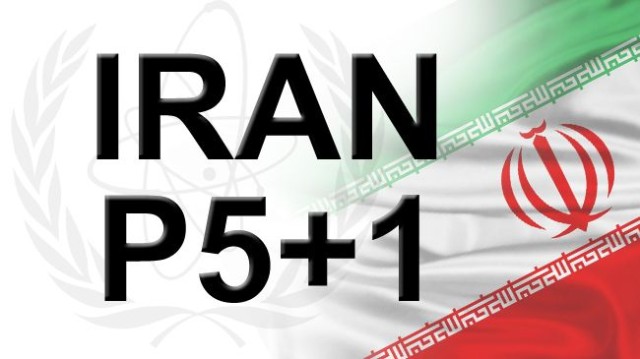


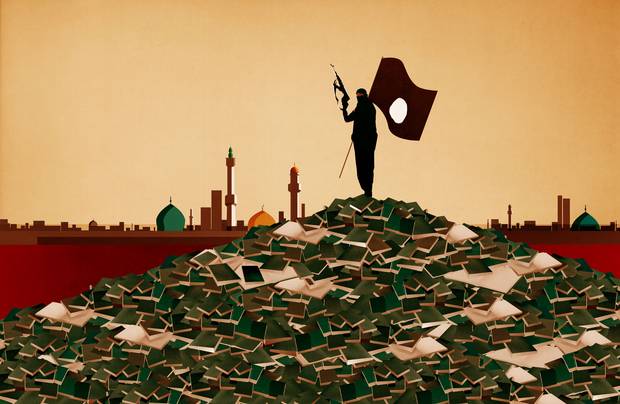
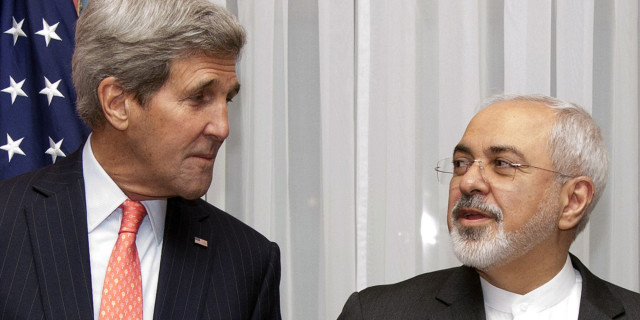


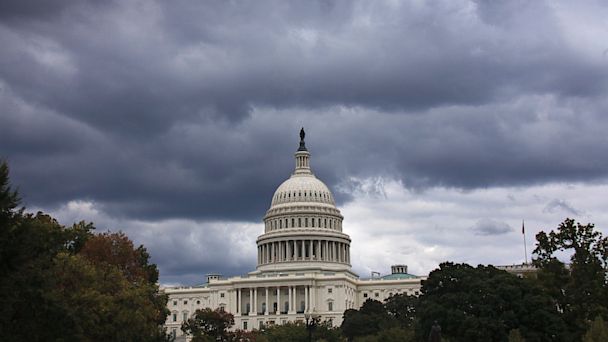
 Kerry and Moniz, when queried about whether they had either knowledge of or read the IAEA secret side deals on PMD, adopted what in TV land is the fabled Sergeant Schultz defense from the 1960’s TV WWII Nazi prison camp comedy series,
Kerry and Moniz, when queried about whether they had either knowledge of or read the IAEA secret side deals on PMD, adopted what in TV land is the fabled Sergeant Schultz defense from the 1960’s TV WWII Nazi prison camp comedy series, 